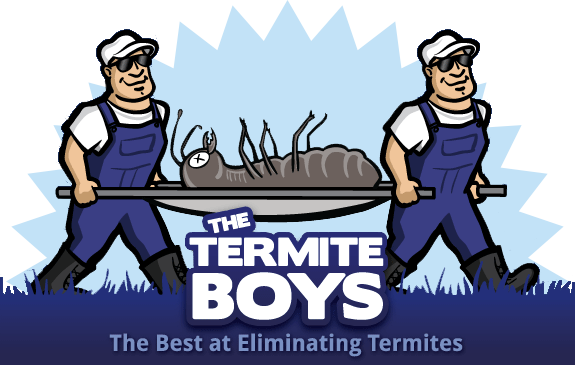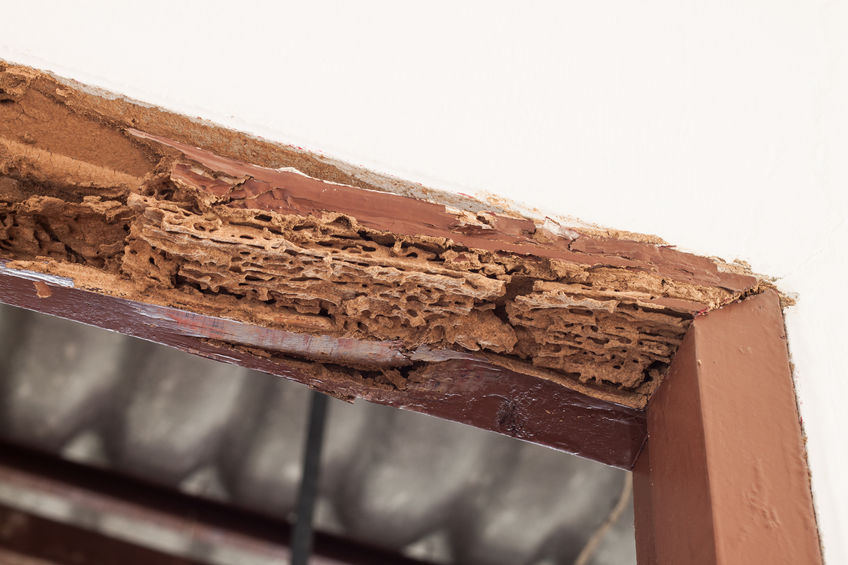The coronavirus pandemic has plagued many industries by causing a downturn in business. For some, the effect is the opposite. Think Plexiglas manufacturers and medical mask makers. Another industry that’s seeing an uptick (no pun intended) in business is the pest control industry. Why? Probably not due to more pests, but just that more people are at home noticing them!
Among the three major pest control categories – fumigation, nuisance pests, and termites or wood-destroying pests – the latter has seen a surge in recent months. There are several reasons for this:
- Because termite inspection is part of the home-selling process, and there is an abundance of real estate being bought and sold right now.
- With more people working from home and basically staying indoors instead of traveling, they may be more vigilant about noticing and treating problematic pests. Since more people are back to work on a remote basis or doing more do-it-yourself jobs around the house, they are more aware of pests.
- Rather than eating out, people are cooking at home to limit virus exposure. Pests, according to the Centers for Disease Control (CDC), are drawn to the excess food in the household.
If, like most Bostonians, you are spending more time at home than usual, there are safeguards you can put in place to reduce your chance of getting termites.
- Watch Your Wood. With cooler weather comes the use of fireplaces. Firewood stacked against the house or inside for easy access can draw termites toward the home. Keep firewood and wood piles at least 20 feet away from the house and raised up at least five inches off the ground. Clear out tree stumps or dead trees in your yard; any rotting wood material can serve as termite fuel and eventually result in termites entering the home.
- Moisture Attracts Termites. It’s no one’s favorite chore, but cleaning the gutters is also a necessary part of termite prevention. Termites are attracted to moisture and clogged gutters can cause water to pool and make insulation vulnerable to termites. Diverting rainwater away from the foundation with down-spout extenders and splash blocks will also prevent water from pooling and attracting termites.
- Not Mulch, Better. Mulch can serve as a source of food for termites and also retains moisture, which attracts these destructive pests. Minimize the usage of wood mulch and choose a low- or no-cellulose ground cover like pine straw, rubber mulch, gravel or rocks instead. If you have mulch, keep it at least 15 inches from the foundation and monitor the area for any signs of termite activity, especially below the surface.
At home, the pests that have always frustrated us as part of daily lives, as well as spread diseases, will likely continue to do so. Homeowners may see pests in new and different places during this period of change. Pests are known to adapt easily to changes in environment and are already quickly adjusting to our new normal. The tower of cardboard boxes waiting to be safely broken down from increasing home deliveries, as one example, make excellent hiding spots for pests in garages or next to trash cans.
Pest control remains an essential industry with an increasing role in the protection of public health, food and property for homes and businesses. Following CDC best practices, the customers’ and employees’ health and well-being are their highest priority.
Noticing evidence of termites in your happy home? Get a free, no-obligation inspection and estimate from a pest control professional while you’re home and have the time.

